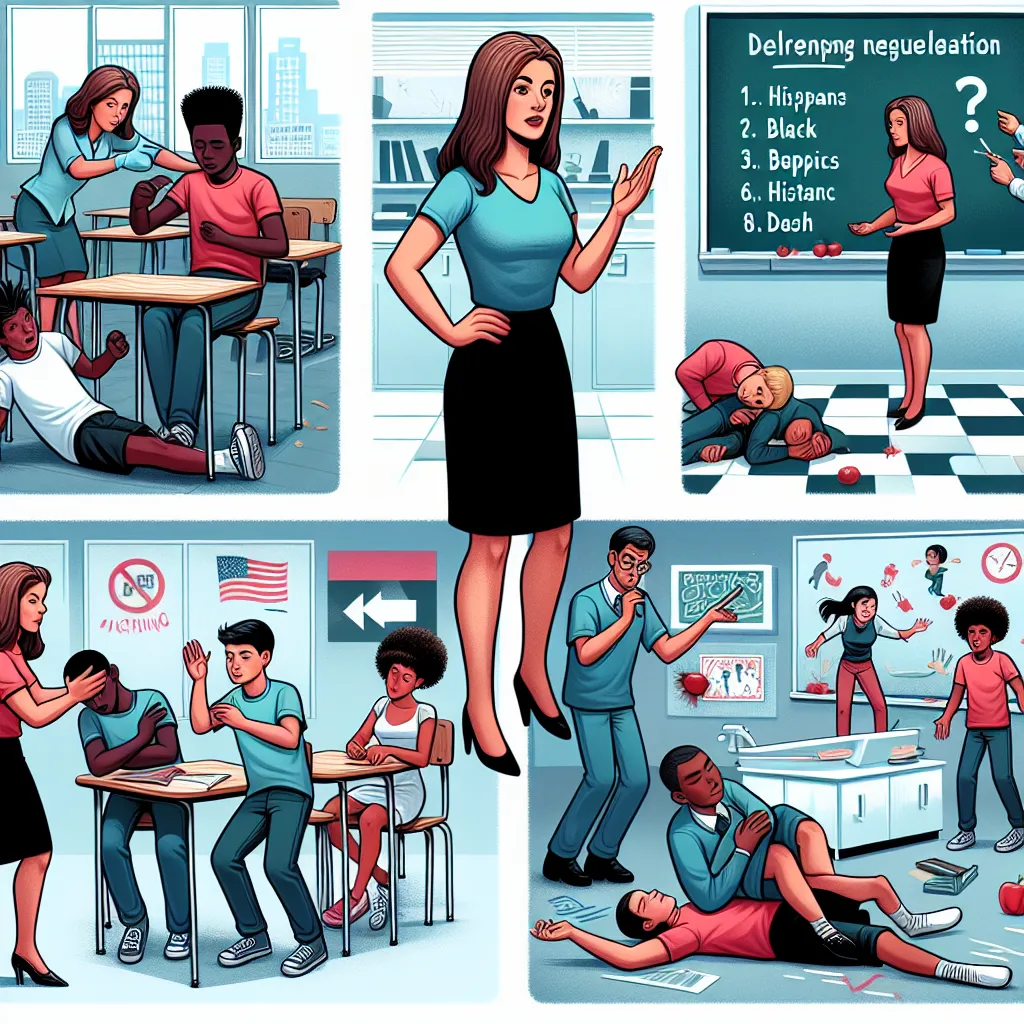Ask AI on The Internet
Question: discuss the following as instances where a classroom manager may be found guilty of negligence. 1. the failure to aid the injured or ill 2. permitting learners to play unsafe games 3. the failure to provide adequate instructions 4.taking unreasonable risks
Negligence in the context of classroom management refers to the failure to exercise the care that a reasonably prudent person would exercise in like circumstances. Essentially, it involves actions or omissions that could foreseeably result in harm or injury to students. Let's discuss each instance in detail: ### 1. Failure to Aid the Injured or Ill - **Duty of Care:** Teachers have a legal and moral obligation to ensure the well-being of their students. If a student gets injured or becomes ill, a teacher is expected to respond appropriately. - **Negligence:** If a teacher ignores or delays assistance to an injured or ill student, and this inaction leads to further harm, the teacher could be considered negligent. For example, not administering basic first aid or not seeking medical help promptly could exacerbate the student's condition, thereby making the teacher liable. ### 2. Permitting Learners to Play Unsafe Games - **Duty of Care:** Teachers are responsible for providing a safe environment for students. This includes monitoring activities to prevent accidents. - **Negligence:** Allowing students to engage in clearly hazardous games or activities can be seen as neglectful. For instance, if a teacher permits students to play a game that involves physical contact without proper safety measures or supervision, and a student gets injured, the teacher could be held liable for not preventing foreseeable risks. ### 3. Failure to Provide Adequate Instructions - **Duty of Care:** Teachers must provide clear and sufficient instructions for any task, activity, or use of equipment to ensure student safety. - **Negligence:** If a teacher gives ambiguous, incomplete, or inaccurate instructions, leading to student errors and potential harm, this could be seen as negligence. For example, if a teacher instructs students to use a chemical in a science lab without explaining the proper safety procedures, and a student gets injured, the teacher could be held accountable. ### 4. Taking Unreasonable Risks - **Duty of Care:** Teachers should avoid exposing students to unnecessary or excessive risks during activities or lessons. - **Negligence:** Putting students in situations where the risks far outweigh any educational benefit can be seen as negligent. For example, organizing a field trip to a location known for its unsafe conditions without adequate preparation and safety measures could result in harm to students, making the teacher liable for negligence. ### Summary In all these instances, negligence arises from the failure to act with the level of care deemed reasonable in the given situation. To avoid negligence, classroom managers should: - Always respond promptly and appropriately to injuries or illnesses. - Ensure that all student activities are safe and supervised. - Provide clear and comprehensive instructions. - Avoid placing students in unnecessarily risky situations. By adhering to these principles, teachers can significantly reduce the risk of being found guilty of negligence and enhance the safety and well-being of their students.
Think your answer is better than the AI's? Post it below.
Other Most Relevant Posts:
 1.1 Characteristics of Millennial Learners
1.2 Technology for Community of Practice
2.1 Abilities of an Emotionally Intelligent Educator
2.2 Negative Behaviors of Educators in Anger Managem
1.1 Characteristics of Millennial Learners
1.2 Technology for Community of Practice
2.1 Abilities of an Emotionally Intelligent Educator
2.2 Negative Behaviors of Educators in Anger Managem
 Scenario 1:
The teacher did not act in a professional manner.
1. Demonstrating defensive holds and performing a chokehold on students is highly inappropriate and dangerous, as evidenced by a student p
Scenario 1:
The teacher did not act in a professional manner.
1. Demonstrating defensive holds and performing a chokehold on students is highly inappropriate and dangerous, as evidenced by a student p
Question Tags
If you want your question answered by an AI, click here.





Post your own comment: